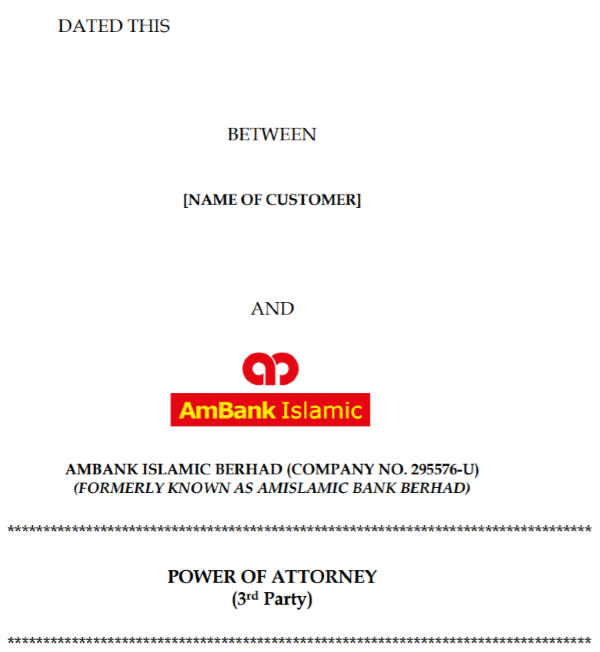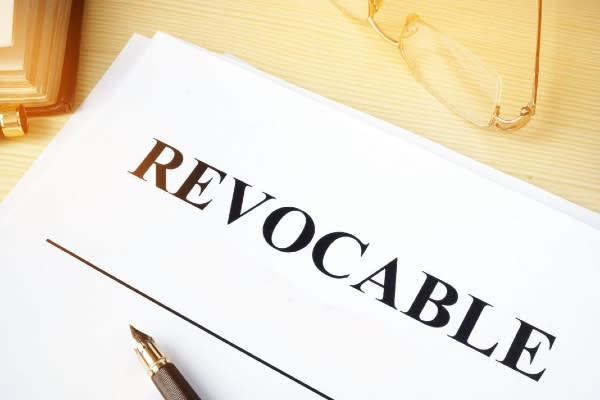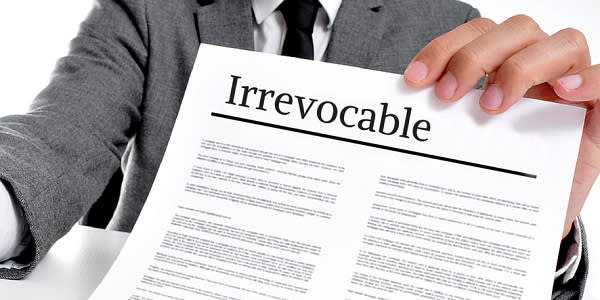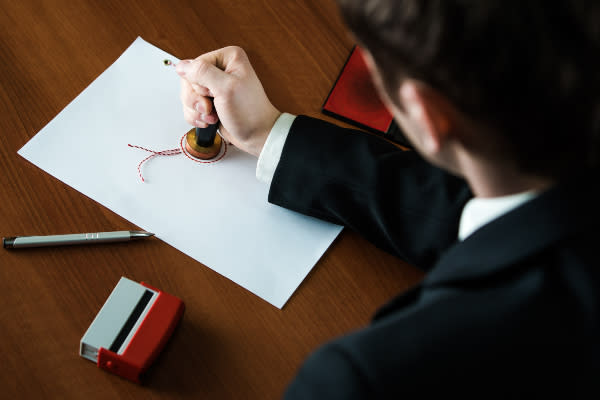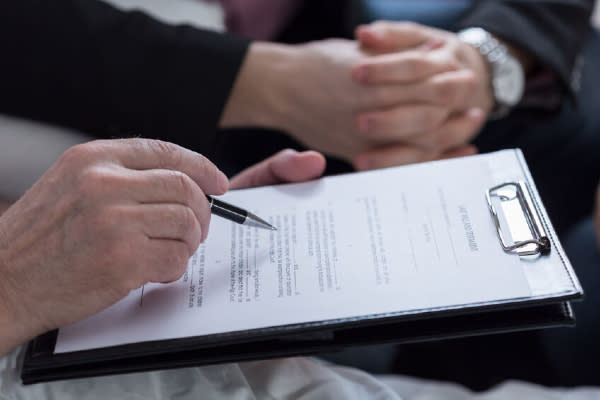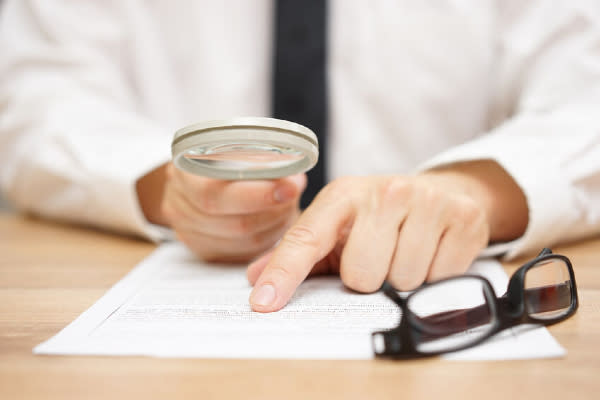Power Of Attorney: What Is It, And What Do You Need To Know?
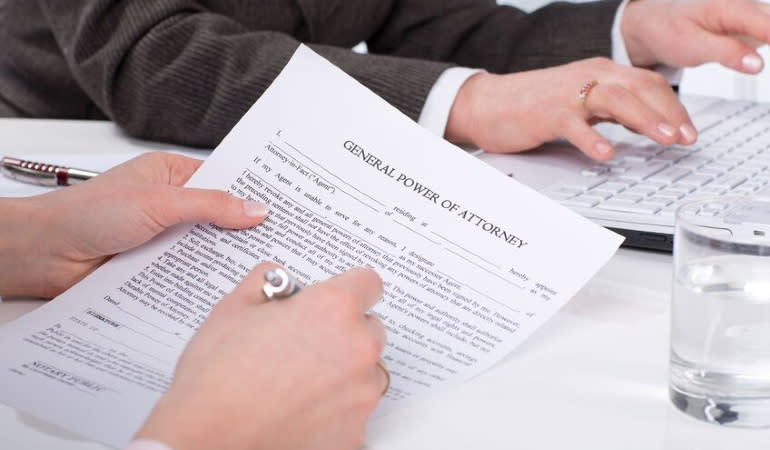
We all know that managing a property is not an easy task, especially if there's more than one. You need to have proper planning and know whom to trust with your valuable assets.
You’ve worked so hard to save up enough money to buy a home for you and your loved ones. Now, in case something happens to you (such as serious illness, disability, or even death), how sure are you that your assets are protected?
More importantly, how sure are you that your loved ones will inherit what’s rightfully theirs, and that it won’t fall into the wrong hands?
This is why you need to know about the Power of Attorney (POA), and understand how it can help you manage your property, as well as what are the things that could backfire for you.
A POA can be a useful legal document that allows individuals to delegate some important business activities, or entrust another person to handle their affairs when they are no longer capable.
Working with an attorney is recommended, both for the initial draw up of the document, and for any needed due diligence procedures. But first...
What Is Power Of Attorney (POA)?
A POA is a document that gives an individual, an agent or organisation the authority to make decisions on their property on behalf of the owner.
The POA will essentially give the person limited, or full, authority to make a decision on the said properties or assets. According to the Chief Registrar of the Federal Court of Malaysia, a POA is defined as:
An instrument or a document that provides for the appointment of the Donee (the recipient of power) as attorney of the Donor (the giver of power); to give certain powers to the Donee for a specific aim. The scope of powers given by the Donor to the Donee can be general or specific, which is either revocable or irrevocable, depending on the needs and circumstances of the parties. The appointment of the Donee must be stated clearly in the POA document.
POA acts as a tool of convenience for those who reside outside the country, and need someone trusted to manage their assets (including properties) locally.
This is because it simply does not make sense for owners to be travelling back and forth regularly, just for signing documents.
According to Faridah Begum Abdul Rahman of Faridah & Partners, normally the POA will be granted to family members, relatives or close friends.
“It could be granted to anyone at all, it all depends on the owner and whom they trust,” she said.
Bear in mind that those you grant the POA does NOT become the owner of your properties. They only have the power to manage the properties on your behalf.
They cannot inherit or pass the inheritance to anyone, cannot change the existing will, cannot change a beneficiary, or grant POA to someone else on your behalf.
Faridah said the Donee can, however, be given the authority to do the following:
Transfer ownership of property owners
Sign hire purchase agreements
Have the power to apply for withdrawals at financial institutions or account closures
Make investments
Other powers related to certain properties
“This POA can be applied to movable and immovable property, no matter whether the property is secured or unsecured,” she said.
What Are The ‘Powers’?
The Donee who holds the POA for a property can do anything with it, within the stated specifications in the legal document, even as far as allowing development to be done on the said property.
For example, Mr Wong signs a POA which gives the authority to Mr Michael. Mr Michael will have the power to sign any agreement with a developer if he decides to develop the land or renovate the property. Mr Michael will act on behalf of the owner with full authority.
The POA document is also usually signed by the owner and the bank which the owner took the loan for the purchase of the property.
In this case, if the owner fails to pay the monthly instalment, the POA will give full authority to the bank to auction off the home, and sign transfer documents to another buyer.
Source: http://ambankgroup.com/Document/Solicitor/AmI3rdPartyPowerOfAttorneyMTQ-010716.pdf
Faridah noted that there are some misconceptions regarding POA, whereby it is merely an instrument used to make any dealings regarding the grant of the property, to the extent of the authority given.
“The POA is not an instrument of grant or hibah, it is also not the naming of the beneficiary of the property. The Donee only has the power to act to deal with the property to the extent of the authority given,” she said.


PropertyGuru Tip
The term hibah (above) can be defined as the following, according to <a href="https://www.malaysia.gov.my/portal/content/27730" target="_blank" rel="noopener noreferrer">MyGovernment official website</a>: The act of granting ownership of property from one party to another without any consideration that occurs during the life of a hibah provider, made voluntarily, and not meant to glorify anybody.
Types Of POA
Basically, there are two types of POA which are revocable and irrevocable, and as the name suggests, these types of POA will determine whether the given authority to the Donee can be taken away, or otherwise.
1) Revocable POA
The owner may cancel the POA granted to the Donee at any time, without the need for consent from the recipient.
For example, Mr X gave Madam Y the authority of his bungalow and the land surrounding it, but a year later for some reason he revoked the authority without Madam Y’s consent. Madam Y has to accept the decision.
2) Irrevocable POA
The owner, or anyone else, cannot revoke the POA without the consent of the recipient.
As an example, Mr X gave the authority to Madam Y under the Irrevocable POA, and for whatever reason it might be, he cannot revoke the power without mutual consent.
An irrevocable POA can only be taken back if Madam Y voluntarily terminates the POA, or one of them dies (in some cases), becomes insane, or bankrupt.
However, all these depend on the agreement made between the owner and the Donee. In general, a POA will automatically be withdrawn or cancelled upon death of the owner of the property, or the Donee.
However, an irrevocable POA will give the Donee an absolute power which cannot be retracted by any circumstances, even when the owner wants to change his/her mind.
The POA will continue to be effective even after the death of the owner. Section 6 of the Power of Attorney Act 1949 states that:
Where a power of attorney is given for valuable consideration and is expressly stated as irrevocable in the Power of Attorney instrument, the power of attorney shall not be revoked even with the death of the donor. Therefore, for a power of attorney to be irrevocable, two elements need to be present: (1) must be for valuable consideration; and (2) must expressly be stated as irrevocable in the power of attorney document.
How Is The Power Of Attorney Carried Out?
A POA must be registered at the Power of Attorney Registration Office, High Court of Malaya, Kuala Lumpur or any High Court Registration Office throughout Peninsular Malaysia.
It can be registered by the owner of the property or the Trustee. It can be either registered by the owner, or represented by a lawyer, by submitting the application for registration of the document at the counter of the office.
The following items will be needed to be included along with the registration of a POA in Malaysia:
One copy of the original POA (for own safekeeping)
One duplicate of the original copy of the POA (to be filed and deposited in the court)
Identification documents of the owner and Donee (if requested)
The owner will sign the POA in the presence of a witnesses. It must be witnessed by the following:
1) Within West Malaysia
Magistrate
Justice of the Peace
Land Administrator
Notary Public
Commissioner for Oaths
Advocate and Solicitor; or an officer of a company incorporated under any written laws carrying on the business of banking in West Malaysia
2) Outside West Malaysia
Notary Public
Commissioner for Oaths
Judge
Magistrate
British Consul or Vice Consul
Representative of Her Britannic Majesty
Any Consular Officer of Malaysia
Hajj Commissioner, if implemented in Saudi Arabia
Advocates and Solicitors of the Supreme Court of Singapore or officers of a company carrying on the duties of a bank in the Republic of Singapore and incorporated by and under the written Laws of the Republic concerned
There is no specific format to be followed as in the Powers of Attorney Act 1949, but there must be some form of authentication by the persons above to be enclosed in the POA document.
The authentication by the people above must be in the form prescribed in the Powers of Attorney Act 1949. The forms are:
FORM I - Authentication Form for Individual Donor
FORM II - Authentication Form for Company or Corporation Donor
Each completed POA must be stamped first at the Revenue and Stamp Office in the states of West Malaysia before being submitted for registration at the Registry Office of the High Court of Malaya.
Faridah advised that before deciding on the individual or entity to be granted the POA, always do a full background check and research, as it might backfire in future.
“There are always risks and unforeseen circumstances which could happen, but it is your duty as an owner to do the necessary to avoid any troubles with your assets,” she said.
At the end of the day, it’s not just about doing your due diligence in getting the right property, you also need to take care of what happens after that, which is ensuring your loved ones are looked after and your assets are in safe hands!
Relevant Guides:




